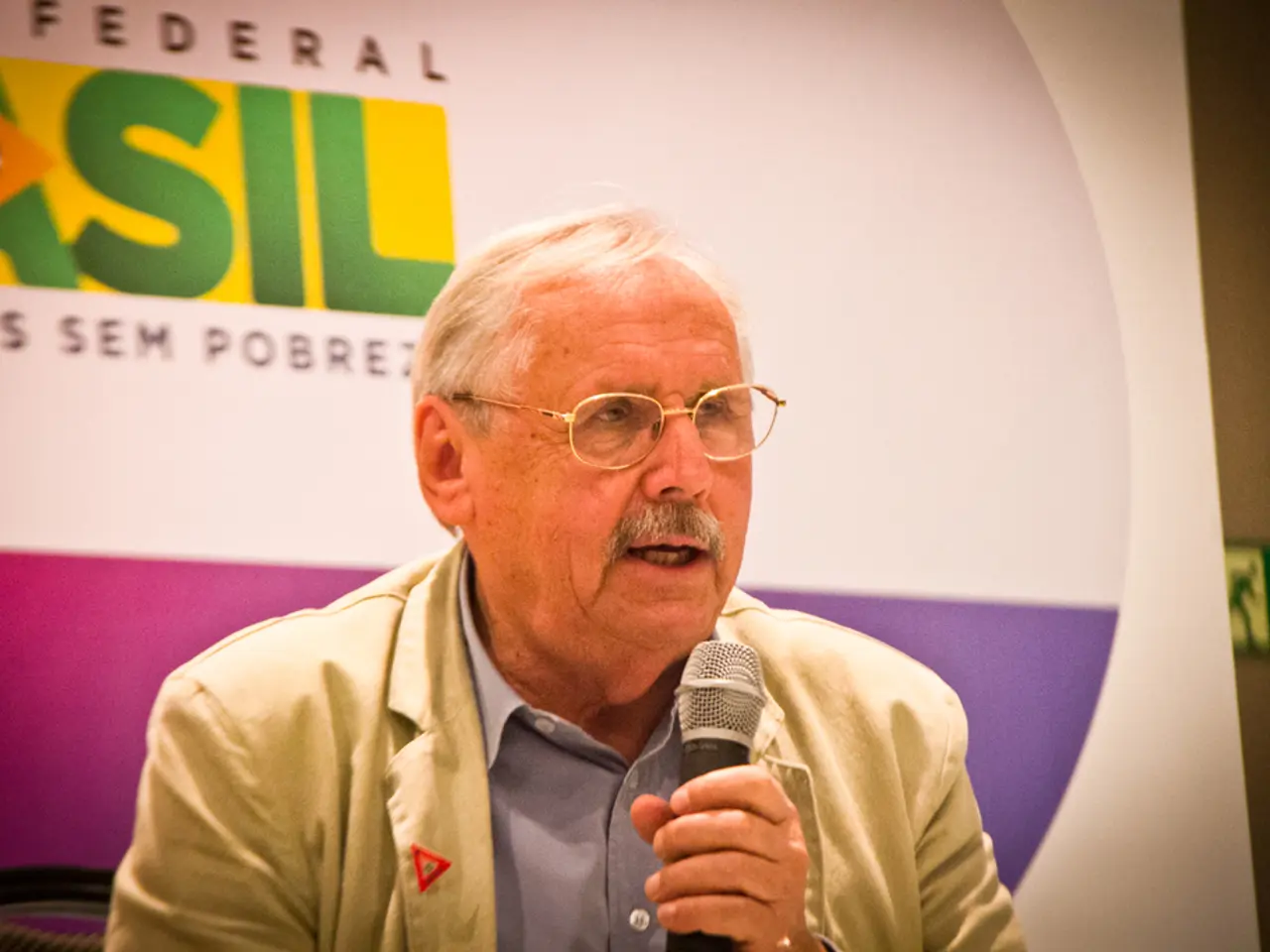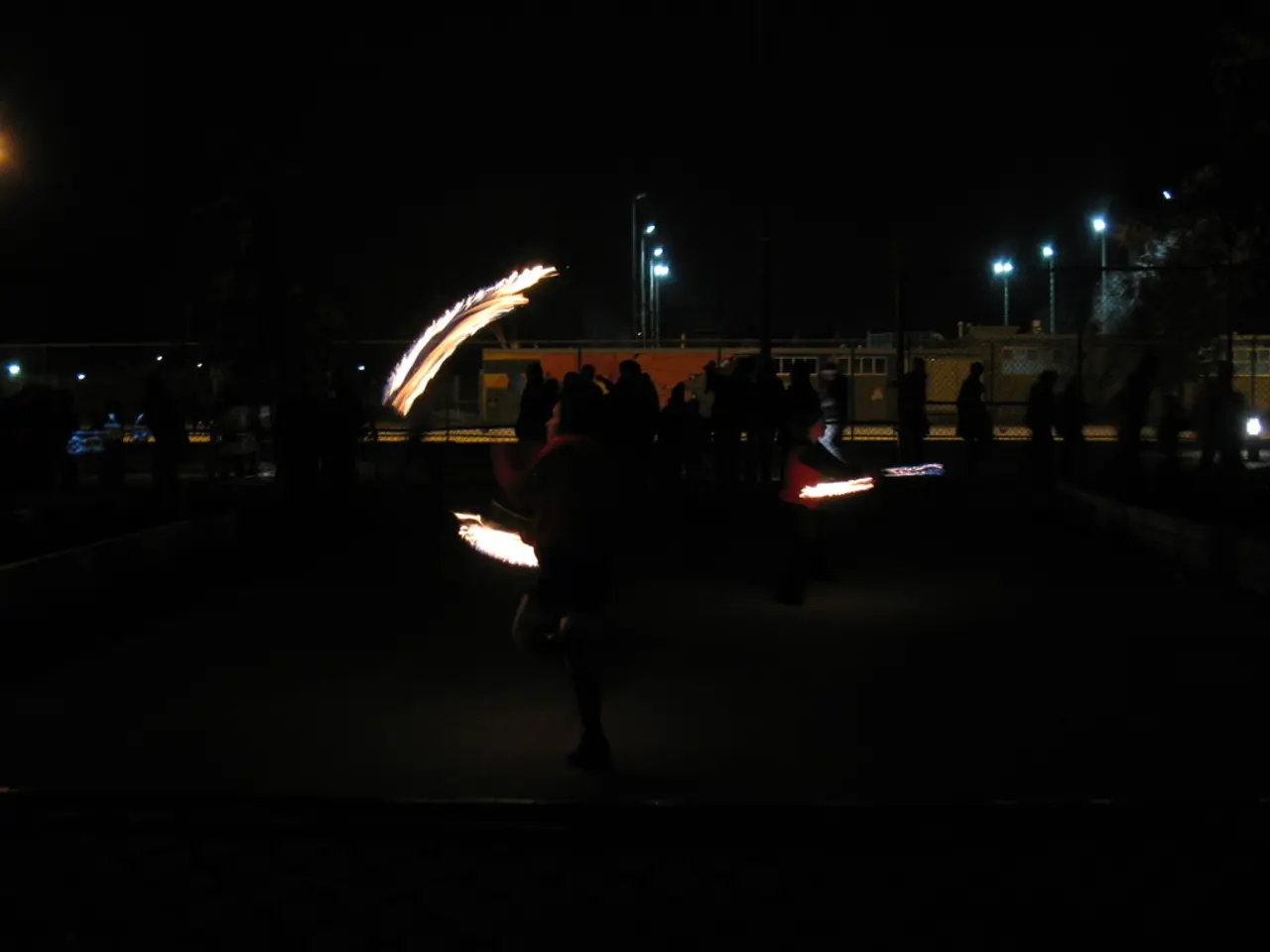Democracy's Delicate Dance: Six Dangers to Guard Against
Potential Risks Democracies Need to Watch Out For, as Identified by Pavan K. Varma
Embrace the essence of democracy, lest we lose it all. The specter of authoritarianism, while cloaked in democracy, can snuff out the vital dialogues necessary to keep our democracy alive. Tyranny lurks when authorities suppress dissent, stifle criticism, or impose draconian laws to maintain conformity. A free and fearless media, that challenges the government with probing questions rather than slavishly echoing their words, is the lifeblood of a flourishing democracy.
Next, we confront the rampant growth of dynasticism—a malevolent force that threatens to overthrow the very foundations of democracy. Our political landscape is that of feudal lords, with family dynasties usurping democratic meritocracy, encouraging sycophancy, and silencing their critics as traitors. Let us urgently abolish the medieval remnants from our democracy and usher in a new era of democratic accountability.
As ardent political enthusiasts, we are always drawn to sensational means of winning elections. We resort to exploiting religion, caste, hyper-nationalism, and localized issues to gain an electoral edge—a dangerous path that butchers democracy. When we place political power above all else, we inexorably corrupt the means to reach our end goals. Corrupt practices like cynical caste manipulations, the exploitation of religion to divide citizens into majority and minority vote banks, and the dangling of wealth and power to break political parties or topple governments have become the norm.
Parliamentary majorities should never be abused to impose a party's will on the country. Governments must resolve issues through constructive debate, not numeric strength. They should remember Ambedkar'sWarning about the possibility of democracy giving way to dictatorship,as was evident during the Emergency of 1975and the controversial passing of the farm laws in theRajya Sabha.
India's delicate balance between the Centre and states must not be tampered with. Central governments that overstep their bounds, squeezing the life out of opposition-ruled states through the misuse of federal provisions like those concerning governors, undermine the federal structure and democracy itself.
And finally, elected representatives must remember their primary duty: working for the welfare of the people. There is a profound distinction between the accumulation of political power and using it for the public good. Democratic institutions will crumble if our elected leaders treat political power as a license for personal aggrandizement.
Take a journey through India's heartland, Bihar. For 30 years, it has been ruled by Nitish Kumar and Lalu Yadav in the name of social justice, but it remains India's poorest and most backward state. Half of its 13 crore residents survive in unacceptable poverty, with one-third below the poverty line, while the state is at the bottom of the list in the Global Hunger Index. This abysmal scenario, driven by apathy and neglect, underlines the urgent need for voters to safeguard democracy and elect leaders who prioritize their needs.
In essence, we face six critical dangers to our democracy: the abuse of legislative majorities, the disruption of constitutional federalism, voter responsibility to challenge threats to democracy, erosion of judicial independence, the undermining of free press and civil society, and the spreading of misinformation and polarization. We must actively resist these threats if we wish to preserve our hard-won democracy.
Navigating the complexities of policy-and-legislation, it is crucial to avoid the pitfalls of political manipulation, such as cynical caste manipulations and the exploitation of religion to garner support.
Moreover, in upholding democratic values, the importance of a free and fearless media cannot be overstated; their role in challenging the government with probing questions is vital in safeguarding democracy from authoritarian influences.






